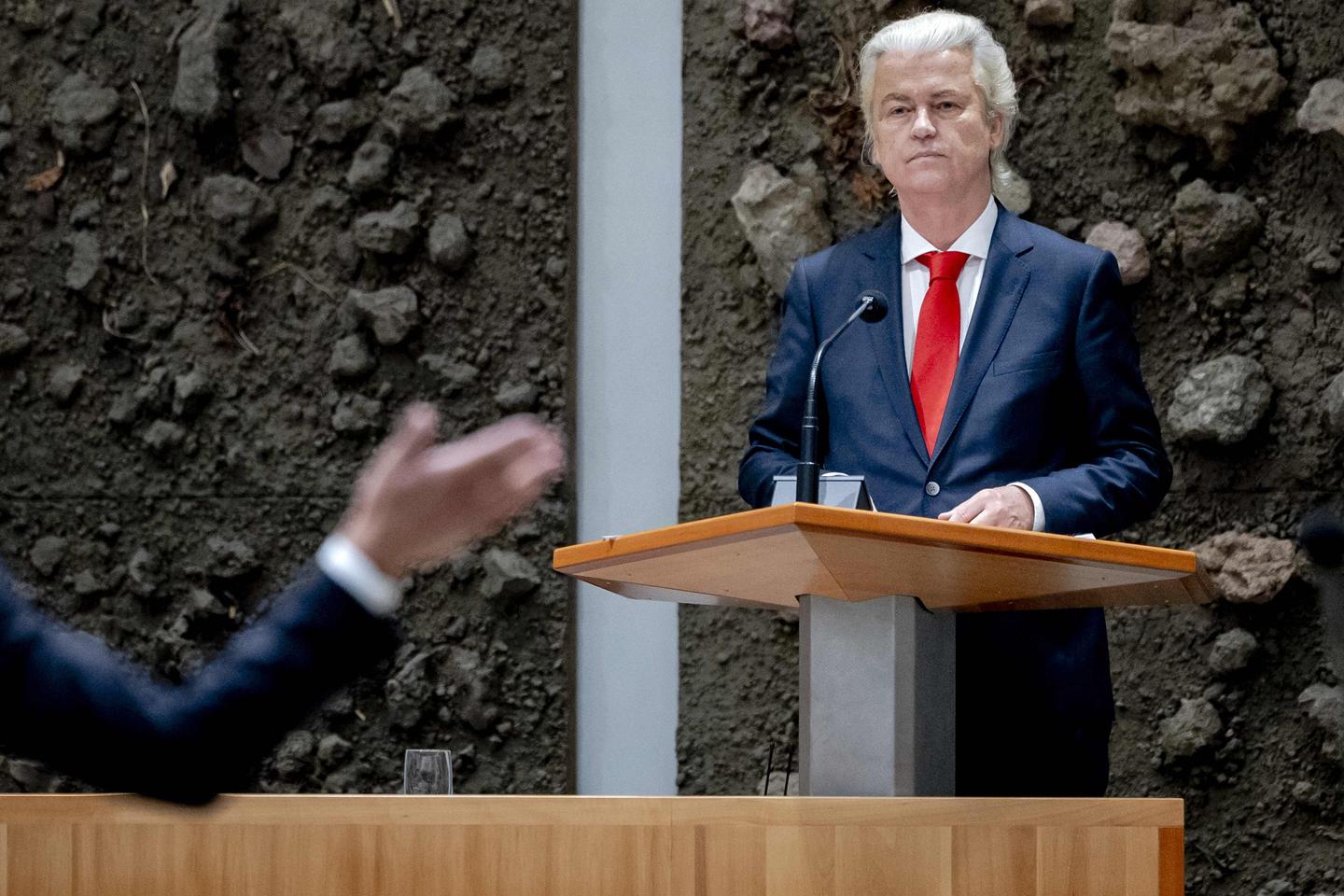


When former Dutch prime minister Mark Rutte left the office he had occupied for nearly 14 years in July 2024, he spoke of the "excellent Dutch tradition of consultation and intelligent compromises." Did he really believe his own words, given that it had taken more than seven months for four parties, including his own, to agree on a government program heavily shaped by the far-right Party for Freedom (PVV), led by Geert Wilders, the winner of the November 2023 elections? From 2010-2012, Rutte had briefly attempted to govern with the outside support of the populist and xenophobic leader. He concluded from that experience that any future alliance with Wilders would be impossible.
Yet, it was the same Rutte who, in July 2023, paved the way for the PVV's victory. By introducing restrictions on family reunification for refugees, the liberal leader hastened the fall of his last coalition government and, at the same time, lent legitimacy to Wilders's rhetoric about an "asylum tsunami." Other conservative leaders later went further, including Dilan Yesilgöz, who succeeded Rutte as the head of the People's Party for Freedom and Democracy (VVD, liberal). Adopting the PVV's language on immigration, she also said that, in her opinion, the party was a legitimate political partner. This triggered a shift of 20% of her electorate, suddenly emboldened, to the far right.
Naive, reckless or blind, the leaders of the Farmers and Citizens Movement and the New Social Contract party, the PVV's coalition partners in the government painfully formed on July 2, 2024, also felt they had no choice but to negotiate with the far-right party, since it had won 23.5% of the vote in the 2023 legislative elections. The former wanted to defend farmers threatened by plans to cut harmful greenhouse gas emissions and reduce farm sizes; the latter were counting on reforming the country's governance.
Resembling a state of emergency
The failure of all involved was complete, with polls even predicting their disappearance. By bringing down the government on Tuesday, June 3, Wilders held his former partners responsible for his own impotence and that of a coalition in which mistrust reigned supreme.
You have 58.25% of this article left to read. The rest is for subscribers only.
